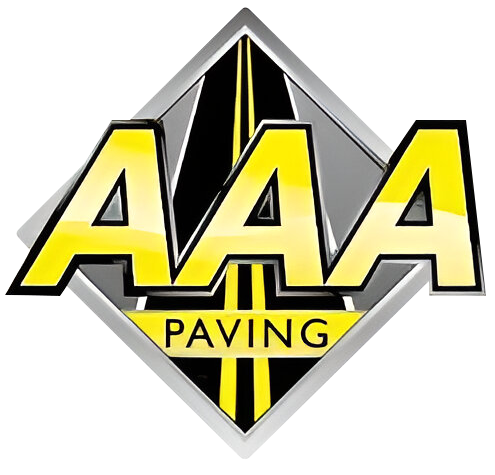Looking for a more affordable alternative to asphalt paving? Chip seal offers a low-cost, customizable paving solution that will satisfy your needs and budget.
Using a tar binder from asphalt, chip seal is poured over stone and gravel to permanently hold them in place. This means your pavement has the surface traction needed for steep paths and heavy-duty farm roads, and downpours won’t carry away your gravel.
Contact UsChip Seal vs. Asphalt: Which is Right for You?
Chip seal can have pros and cons depending on your project. Here are some items to consider to determine if chip seal is right for you.
pros
1. Quick Application
Compared to other pavement types, chip seal can be finished quickly. Asphalt may take 3+ days to complete, but chip seal may only take two, creating fewer traffic disruptions.
2. Customization
Unlike asphalt, chip seal can be customized to your liking. You can choose different stones to use in your chip seal, allowing for a touch of aesthetics and comfort.
3. Affordable Maintenance
Overall, chip seal is an affordable alternative, both in paving and maintenance. The renewal and resurfacing process is simpler than asphalt, making it more cost-effective.
4. Increased Traction
When it comes to rain and snow, chip seal provides more traction than asphalt and other road surfaces. Those rainy Texas days can be safer with the right pavement conditions.
Cons
1. Not Appropriate for All Pavements
While chip seal can be a great choice for pavement in good condition, it is not a good choice for pavement with structural damage. Damage like potholes, distressed surfaces, and rutted pavement can jeopardize the integrity of the chip seal, shortening its lifespan.
2. Not Recommended for High-Traffic Roadways
A high traffic volume can damage your chipseal, creating a hazardous roadway. While chip seal is durable, traffic can cause rock pieces to be displaced over time.
3. Complex Repairs
If chip seal becomes damaged, it can be a pain to repair correctly. Since it is difficult to remove existing chip seal without damaging the underlying surface, you may be resurfacing the entire area if things go wrong.
4. Short Lifespan
Though durable, chip seal typically has a shorter lifespan than other pavement options. Depending on the amount of traffic, chip seal may also require more frequent maintenance, costing more money over time.
If you’re on the fence about chip seal, give us a call for advice on if it’s right for you.
How to Preserve Your Chip Seal Pavement
Chip seal is a popular choice for many people since it is affordable and versatile. With the proper care, it can last for many years.
However, it isn’t indestructible. Factors like traffic, climate, and general maintenance can affect how long your chip seal lasts. To get the most out of your chip seal, here are some maintenance tips that can help preserve your pavement.
1. Don’t Use Before It’s Fully Cured
After the pavement is laid, it’s tempting to start using it. However, you must wait 2 days for it to cure. Otherwise, you risk the pavement deteriorating sooner than expected.
2. Fix Repairs Promptly
Problems with your chip seal can have expensive consequences. Since cracks and holes can affect the base of the pavement, don’t risk fixing more than you need to.
3. Power Wash Periodically
High traffic and weather may be the main culprits of chip seal deterioration, but other harmful substances like oil and gas can erode your pavement.
Washing your chip seal with a power washer can protect it from harmful spills. That’s why cleaning it annually or when you notice spills can increase longevity.
4. Treat Your Pavement Well
Safe driving habits don’t just protect you - they can also protect your chip seal. Sudden acceleration and hard braking may loosen chips, which can create cracks and potholes.
Loose pieces can also scatter across the pavement. When broken off, they can harm vehicles and bystanders. Sweep off broken pieces promptly when you notice them.
Replacing chip seal can be a complex job. Get the job done right by contacting us today.



